How to solve common travel problems
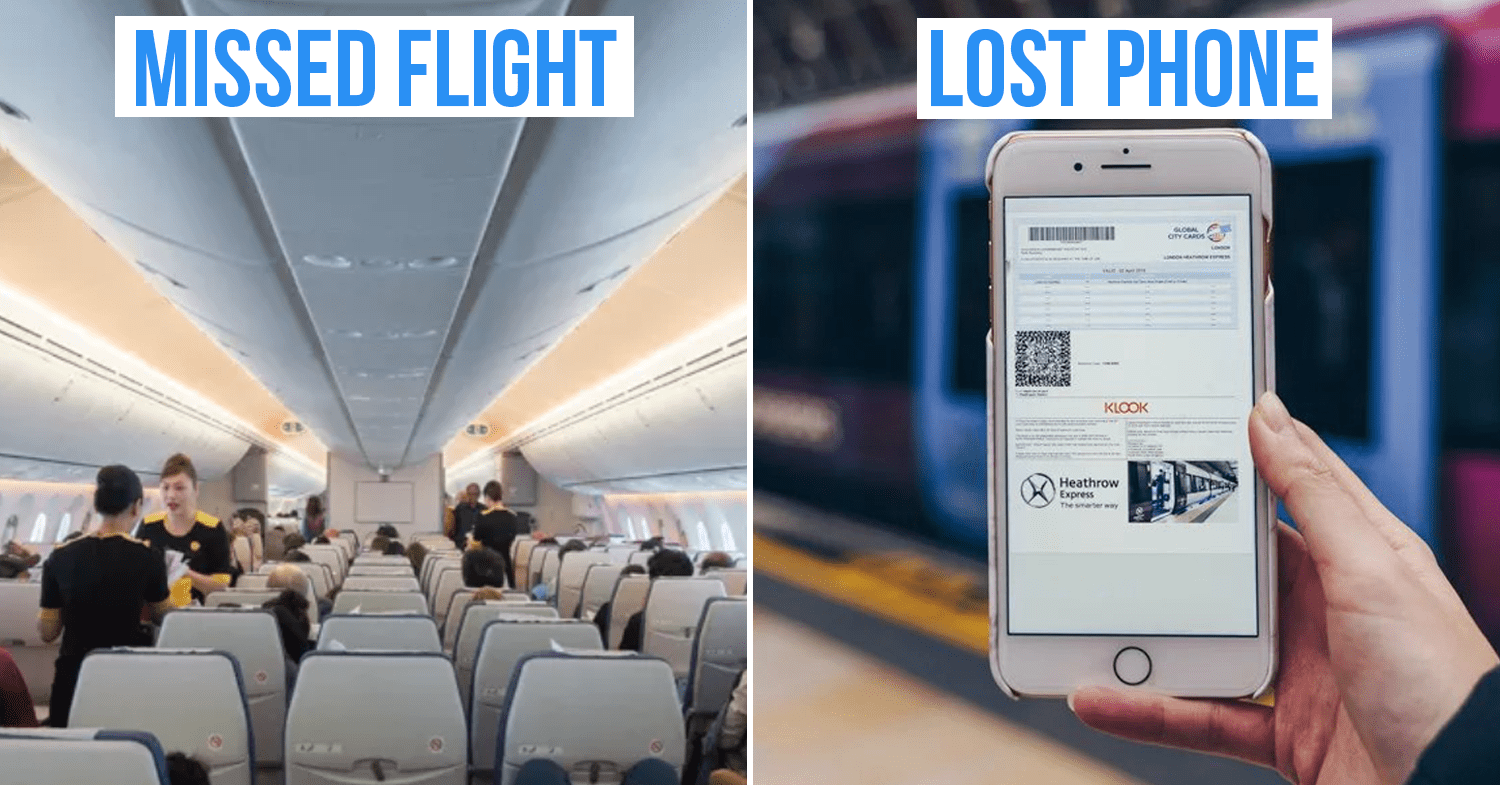
The holiday season is here and having that dream holiday in destinations like London and Bali might be well on your to-do list. But while travelling is insanely fun, it’s also the perfect embodiment of Murphy’s law – anything can and will go wrong, as seasoned travellers might be aware.
From lost wallets to missed flights, here is a list of 9 common travel mishaps Singaporeans face, and how to solve them as you are on the go. If you’re travel accident-prone, this could very well be a little bingo game to see how rabak your journeys have been thus far.
– Losing valuables –
1. Lost phone – remotely erase all data if it’s been stolen
While adventuring, your phone is one of the most important essentials you’d need – it’s a messaging device, GPS, and travel guidebook all rolled in one. If you reach into your pocket and find it missing, the first step is to freak out…

and then try to calm down. Try using “Find My iPhone” under Settings on Apple, or “Find My Device” on Google to check the location of your device if it’s connected to a network. These functions will also allow you to play a sound on your device, lock it, or even remotely erase all data if you suspect it’s been stolen.
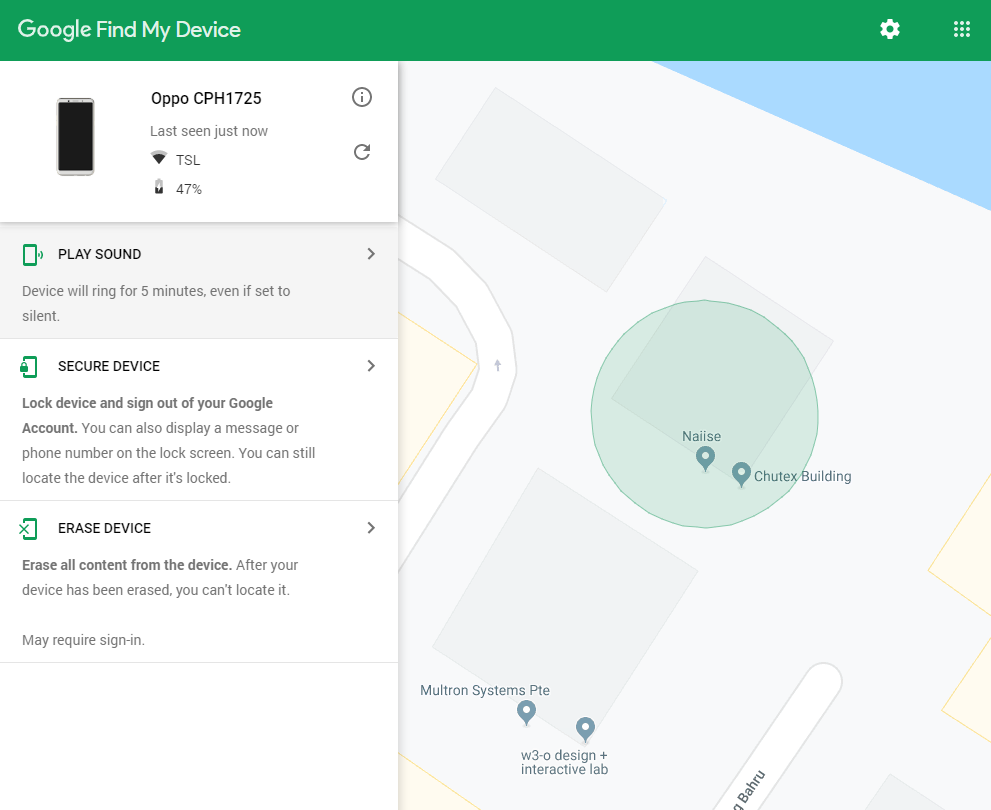
Image credit: Google Find My Device
Make sure to head to the nearest police station and make a police report to put your missing phone on their database, and you’ll be contacted if it’s ever returned to a police station. Make sure to get a copy of the police report for insurance claims.
2. Lost wallet – cancel all cards, request for emergency cash
Pickpocketing is particularly prevalent in European cities like Barcelona and Paris but happens all around the world.

As soon as you realise that your wallet is missing, the first thing you’ll have to do is cancel all the debit and credit cards to protect your bank account – you can do this through most bank applications, or a phone call to your bank. Any phone bills for the latter should be covered under most travel insurance plans – but make sure to check the specifics insurance coverage to be sure!

Losing your wallet is bad, but losing all your money and cards to a next-level emergency. Say you’re solo travelling and have lost them all, there’s still one last avenue to tap on as certain payment networks have handy solutions in place.
For instance, Mastercard has emergency cash advance where you can call their hotline and get local currency wire transferred to you in 2 hours. There are also credit card replacement services where you can receive a new card within 48 hours, delivered via express courier to your accommodation. Visa also offers similar cash advance and card replacement services through their hotline.
Mastercard hotline: Refer to their Global Emergency Contacts here
Visa hotline: 1-800-847-2911
3. Lost passport – head to the nearest Singapore Overseas Mission
The last thing you’d wanna lose while overseas is the one thing you need to return home – your passport. If you’ve let yours slip, report it to the nearest Singapore Overseas Mission branch as soon as possible – view the full list here.
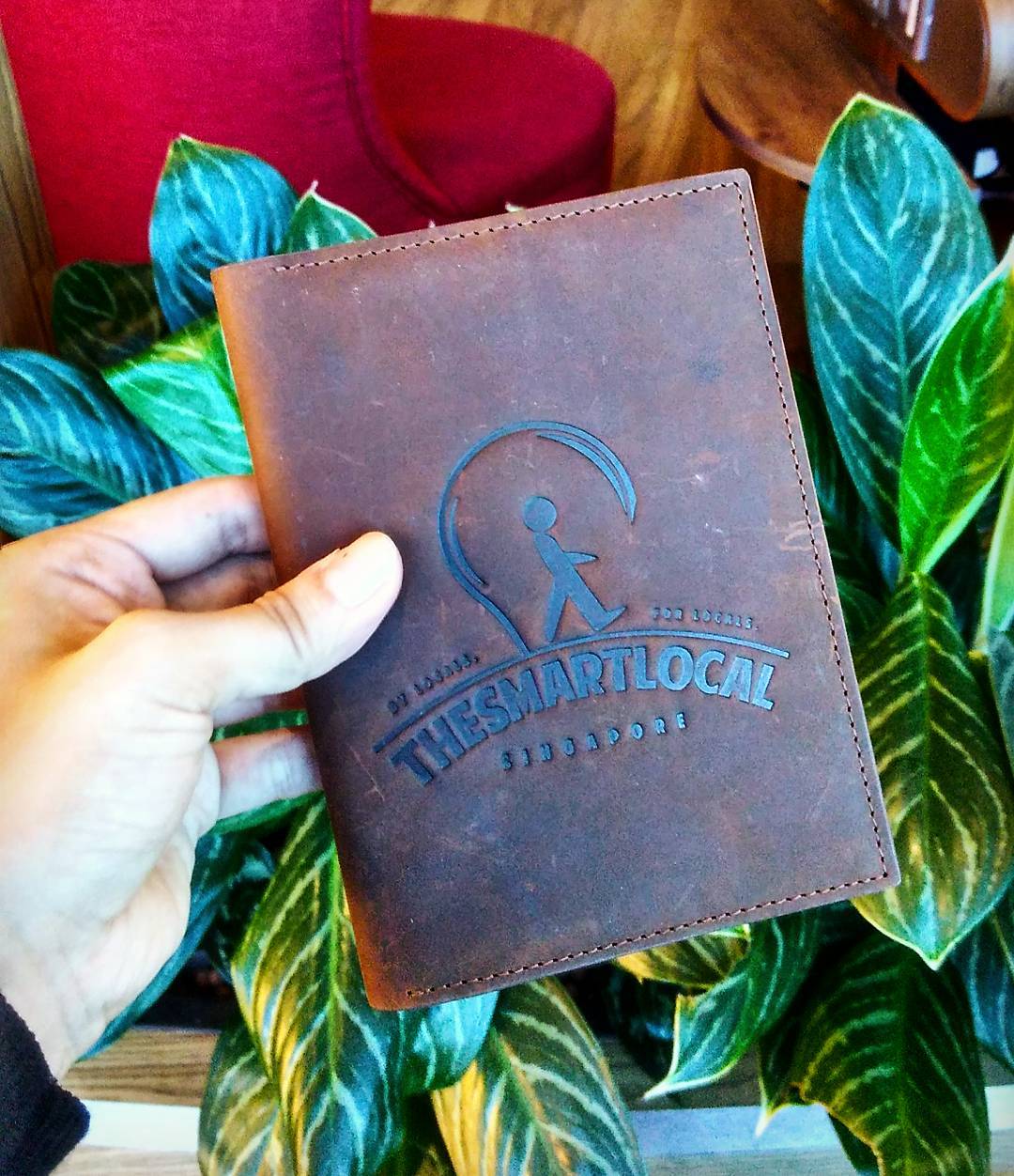
Image credit: @caramellechaos
Make sure to double confirm that your passport is really lost beforehand as once you report it, it will be nullified, even if you find it after. In the meantime, the Overseas Mission will set you up with a temporary Document of Identity (DOI). Documents you’ll need for this include:
- An Identity Card or Singapore citizenship certificate
- 2 recently-taken passport size colour photos
- A statutory declaration at Overseas Mission (or a police report if it was stolen from you)
The DOI will get you through customs, but once back, you’ll have to apply for a new passport.
4. Delayed or lost luggage – report to airline staff
There’s nothing quite like delayed or lost baggage to put a damper on your spirits. Chances are, your luggage was probably just put onto the wrong flight and headed off to some other country – not uncommon for when there are transit flights lined up tight.
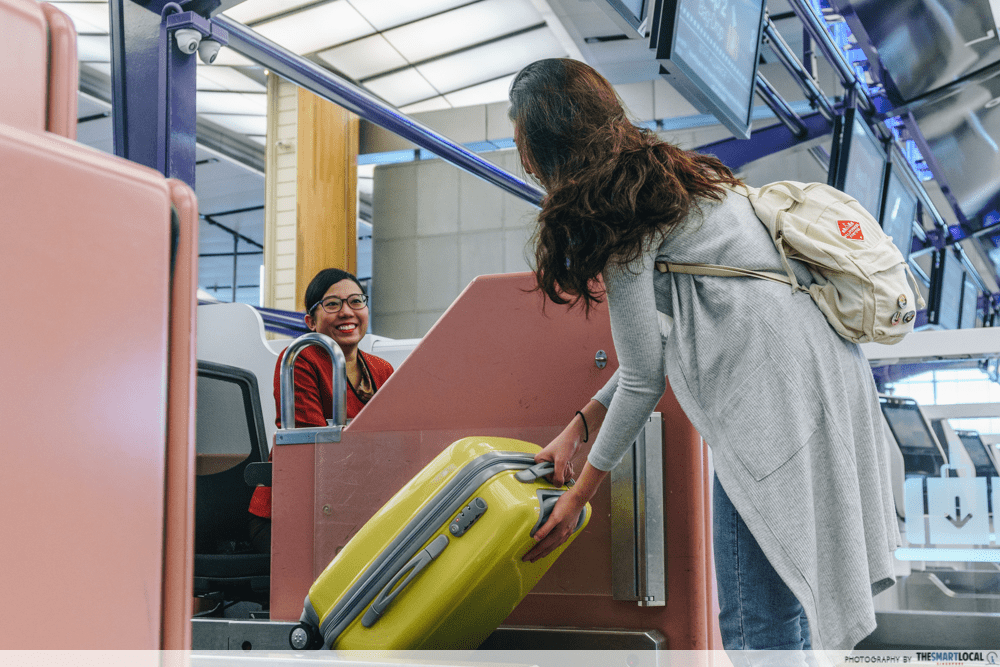
Report the lost luggage to the airline immediately and they’ll arrange for your luggage to be brought over to wherever you stay, usually within 24 hours. If say, you’ve landed in Harbin in the middle of winter with all your coats in your missing luggage, don’t let yourself freeze! Go shop for necessities – they’re claimable under “reasonable expenditure” which is covered by most airlines. Both delays are loss are claimable with travel insurances.
– Transportation issues –
5. Car accidents – take photos of the damage and keep all receipts and invoices
The unfamiliarity with long drives and lack of experience with icy roads makes Singaporeans accident magnets overseas. You’ve probably heard of someone cruising on the wrong side of the road, or losing control of their car in winter.

After making sure no one needs to head to the hospital, the SOP is similar as that of a car accident in Singapore. Document everything you can – take photos of the damage, get the contact number of anyone else involved in the accident, and keep all the receipts and documents of police reports, rental agreement and the original invoice of rental access.
If you’re injured and require treatment, make sure to grab the hospital receipts as well for insurance claims.
6. Flight delay – time loss claimable by insurance
Whether you’ve faced pilot strikes or technical difficulties, flight delays are common, especially when flying with low-cost airlines, as well as to and from smaller airports.
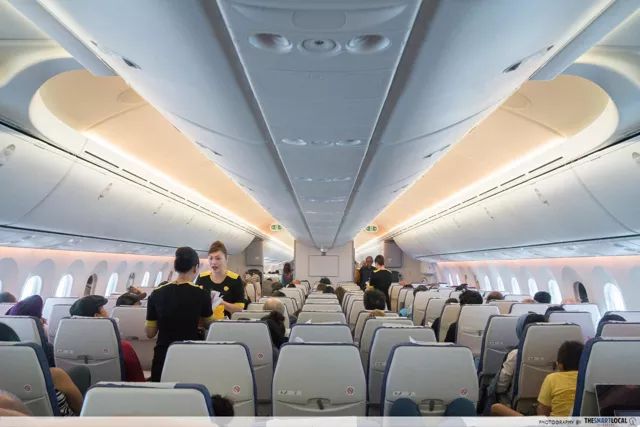
To avoid missing out on changes in flight schedule, opt for both email and SMS notifications. Heads up, flight schedules don’t just get pushed back, they can be shifted earlier too – so keep a lookout.
Delayed flights are not fun, but when they are delayed several hours or more, you’ll be able to make travel insurance claims to get monetary compensation for the time wasted.
7. Missed flight – try using the flat-tire rule
Missing a flight can make anyone freak the heck out especially if they happen in sudden unforeseen circumstances like traffic accidents and bad weather.
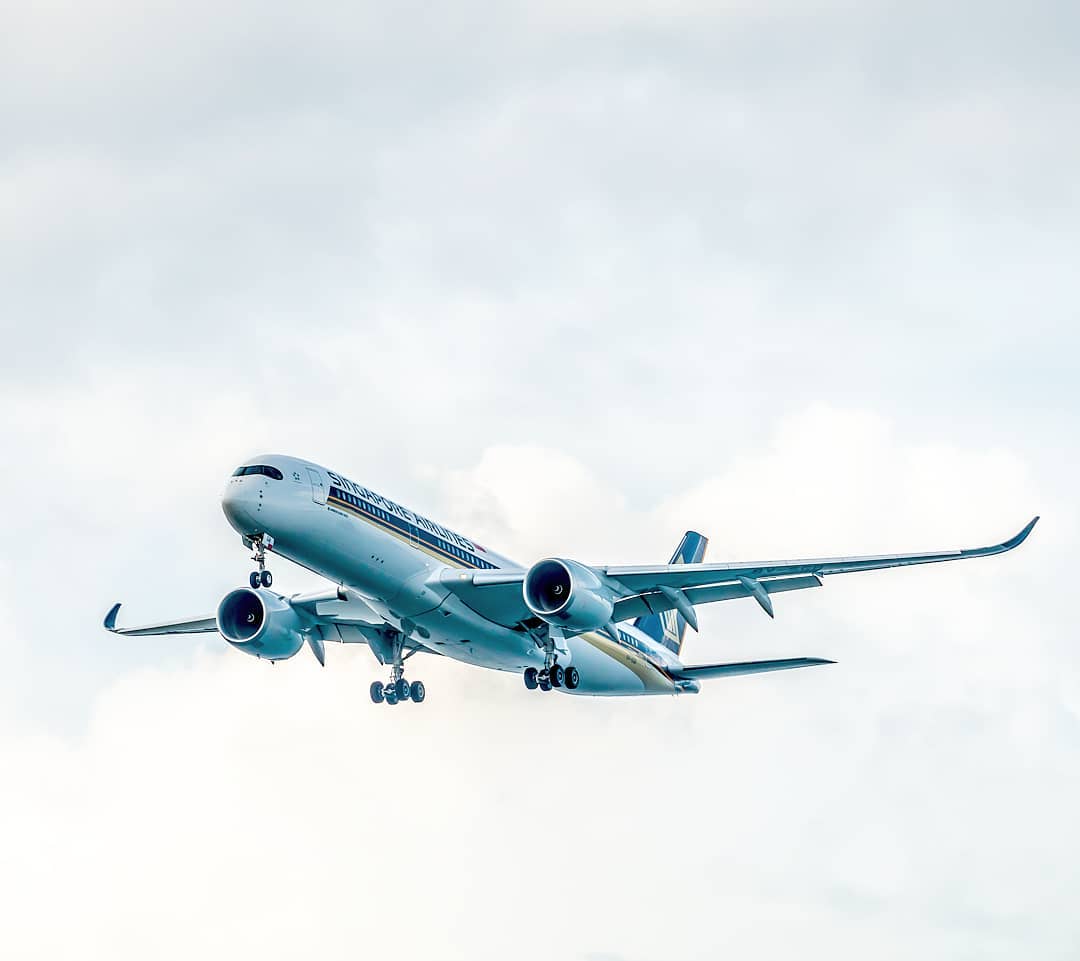
Image credit: @myplanehangar
Call the airline, and pray hard that they have the flat-tire rule – a common but unofficial rule that some airlines have. Almost like a grace period, this rule allows passengers to hop on the next available flight with no extra charge if they arrive within 2 hours of their missed flight, but only because of circumstances beyond their control.
If that doesn’t work, the next course of action will be to either change your flight timing or book a new flight. Which you should pick depends on which airline you’re flying with and whether you booked through a third-party site. In some cases, booking a new flight is not feasible as doing so cancels out all the other flights in your itinerary, so make sure to check with the airline staff before making the decision. The alternative is to pay for a change of flight with the same airline.
– Health problems –
8. Falling sick
A couple of years ago in China, I asked my tour guide where I could get Panadol. He asked: “What’s Panadol?”. Turns out, the common Panadol is not universally around the world- who’d have thought?

Falling ill overseas always seem scary as familiar medication might not be available. If you need over-the-counter medicine, try searching online for the local equivalent of the one you know. If symptoms are severe though, head to a doctor, preferably one that can speak your language – in Japan, there are tourist-friendly medical institutions that provide services in several languages. Make sure to collect your receipt to make insurance claims!
Tip: Always bring a mini-kit of your own comprising at least the basics of charcoal pills for diarrhoea, antihistamine for allergies and paracetamol as for headaches and fever.
– Disasters –
9. Natural disasters

We’re safe from volcanic eruptions, earthquakes and hurricanes in Singapore. But overseas? Not so much.
Stay indoors unless its an earthquake and contact the nearest Singapore Overseas Mission as soon as possible. Nearby airports are also often closed during larger-scale disasters so make sure to check if your next flight is still on schedule. Typically the airlines will reach out to make arrangements, but you’ll have to play it by ear if something does happen. *touch wood*
10. Protests and unrest
My personal experiences with running into unrest were in short, uneventful. I was in the area for both the Bangkok 2010 protests and the 2017 North Korean test missile incident over Hokkaido, and while everyone back home was worried after reading the news reports, the locals there seemed super chill. In fact, nothing appeared out of the ordinary.
Granted, there’s still the danger that the situation can make a turn for the worse – like with the Hong Kong 2019 protests – so prepare for any necessary accommodation or flight changes. The good news is that some airline companies are often willing to adjust your flight schedule in times of unrest, so you can Speedy Gonzales out of there ASAP.
Dealing with travel problems
Travel problems are a bummer, but they also make good stories to tell. While you’re stuck facing a major glitch in your travel itinerary, it certainly doesn’t sound like much fun – but once you’re out safe it’ll definitely make it to the highlight reel of your trip.
For more travel guides, check out our other articles below: